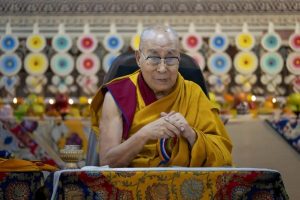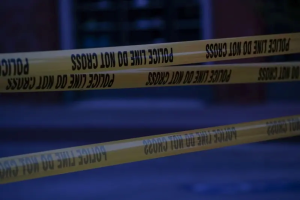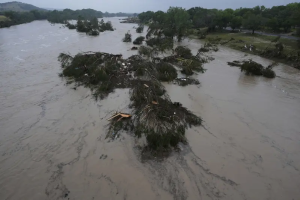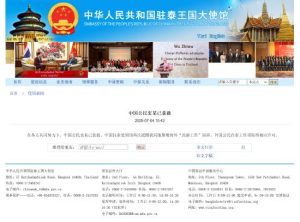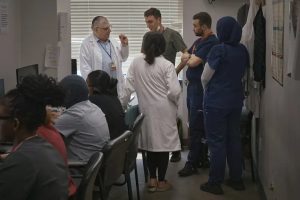Foreign visas blocked, hospital resident shortages in the next 11 years
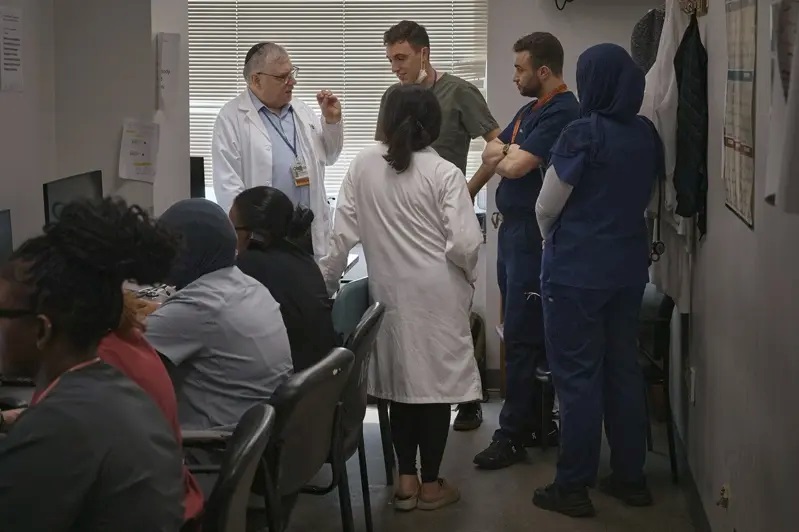
The Association of American Medical Colleges predicts that the United States will face a shortage of physicians in the next 11 years and will have to rely on foreign residents to fill critical vacancies. In 2025 alone, there will be more than 6,600 foreign young physicians matched to the United States, a record high. However, under President Trump’s immigration policy and visa restrictions, most of them have not yet obtained visas, and some of those who are already in the United States have not been renewed due to visa expiration, resulting in a lose-lose situation for all parties.
Foreign residents are mostly in specialties that local physicians are not willing to engage in, such as internal medicine projects for the prevention and treatment of chronic diseases such as diabetes and heart disease. Foreign physicians who apply to come to the United States account for nearly 40%.
Medical graduates from abroad usually work in places that American medical graduates are unwilling to go to, in order to gain more opportunities.
Donna Lamb, president of the National Resident Matching Program, pointed out that these international medical graduates do not work in luxury medical centers in big cities, but in low-income or remote rural areas, and they do provide real health care services.
The project director of Brookdale University Hospital and Medical Center in New York said that foreign residents are the backbone of the entire hospital, and their inability to work means that patients lose treatment time.
Trump signed an executive order in early June to ban citizens of 12 countries, including Afghanistan and Iran, from entering the country. However, the foreign doctors and medical graduates affected are not only from these countries.
For example, a Canadian permanent resident said that she had been matched to the University of Pittsburgh Harrisburg Medical Center, but was denied a visa because she was an Afghan citizen. A Pakistani doctor was matched to an internal medicine project in Massachusetts, but was also not granted a visa.
These foreign doctors hold J-1 visas, which are specifically issued to the United States to participate in the “Exchange-Visitor Programs” approved by the State Department for short-term study, academic visits and research.
Although the organization responsible for the training matching process said that the J-1 visa suspension order has been lifted, it is not clear how many foreign doctors cannot start work, and the extent of the impact will probably take several weeks to be clear.

